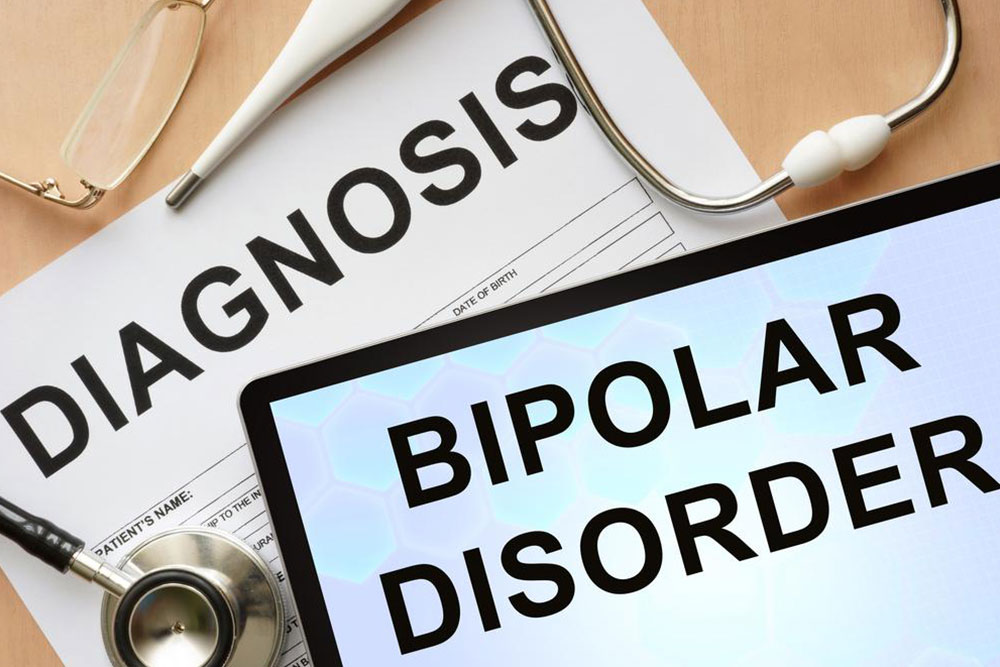Teen Mood Disorders: Essential Guidance for Parents
This article provides vital insights into adolescent depression, highlighting key signs and effective treatment options. It emphasizes early detection, professional help, and family support crucial for teen mental health. Understanding these aspects empowers parents to support their teens through mental health challenges, promoting healthier, happier adolescence.

Teen Mood Disorders: Essential Guidance for Parents
Adolescence is a difficult developmental stage marked by rapid emotional, physical, and social shifts. Teenagers experience various pressures from family, education, and peers, which can sometimes result in mental health issues like depression. Early detection of symptoms is vital for effective support. Parents should observe for mood fluctuations, social withdrawal, and disinterest in activities. Without proper treatment, adolescent depression can lead to serious outcomes, including suicidal thoughts. Professional assistance such as counseling and medication, combined with family support, can help teens navigate these challenges and foster healthier well-being.
Indicators differentiating teen depression from normal teenage behavior:
Approximately 20% of teenagers face depression today. Since teens may be reluctant to share feelings, parents should be attentive to subtle signs like constant fatigue, withdrawal from social activities, and moodiness. Early recognition of these symptoms can significantly impact outcomes.
Typical signs include:
Persistent exhaustion and disinterest
Sleep disturbances or oversleeping
Use of substances such as alcohol or drugs
Alterations in appetite
Emotional swings
Restlessness or agitation
Isolation from loved ones and friends
Low self-worth
Self-injurious behavior
Feelings of hopelessness or thoughts of death
Seeking professional intervention:
If these symptoms disrupt your teen’s daily routine, prompt action is crucial. Start with open dialogue, offering empathy and support. Consult mental health experts or school counselors for advice. Untreated depression can escalate into serious issues like suicide or self-harm; early support can be life-saving.
Methods to address teen depression:
Effective management usually involves specialized professional treatment tailored to the teen’s needs. Common approaches include:
Medication: Healthcare providers might prescribe antidepressants or anti-anxiety drugs if appropriate.
Therapy: Approaches such as interpersonal therapy improve social and familial relationships. Cognitive Behavioral Therapy (CBT) helps develop positive thinking and resilience.
With dedicated treatment and family involvement, adolescents can recover from depression and enjoy a fulfilling life.


